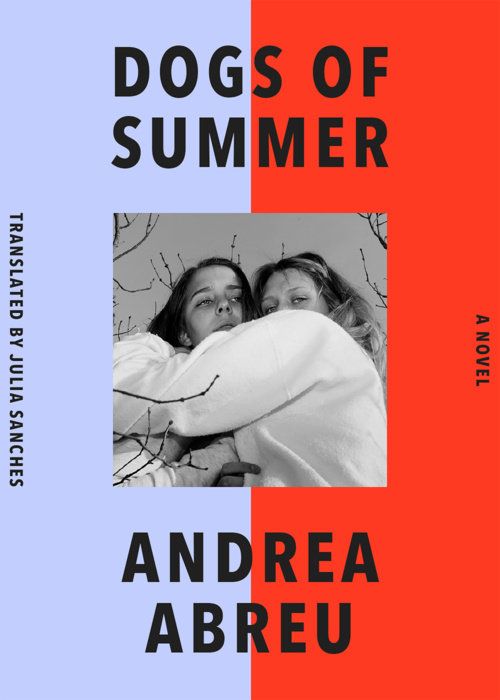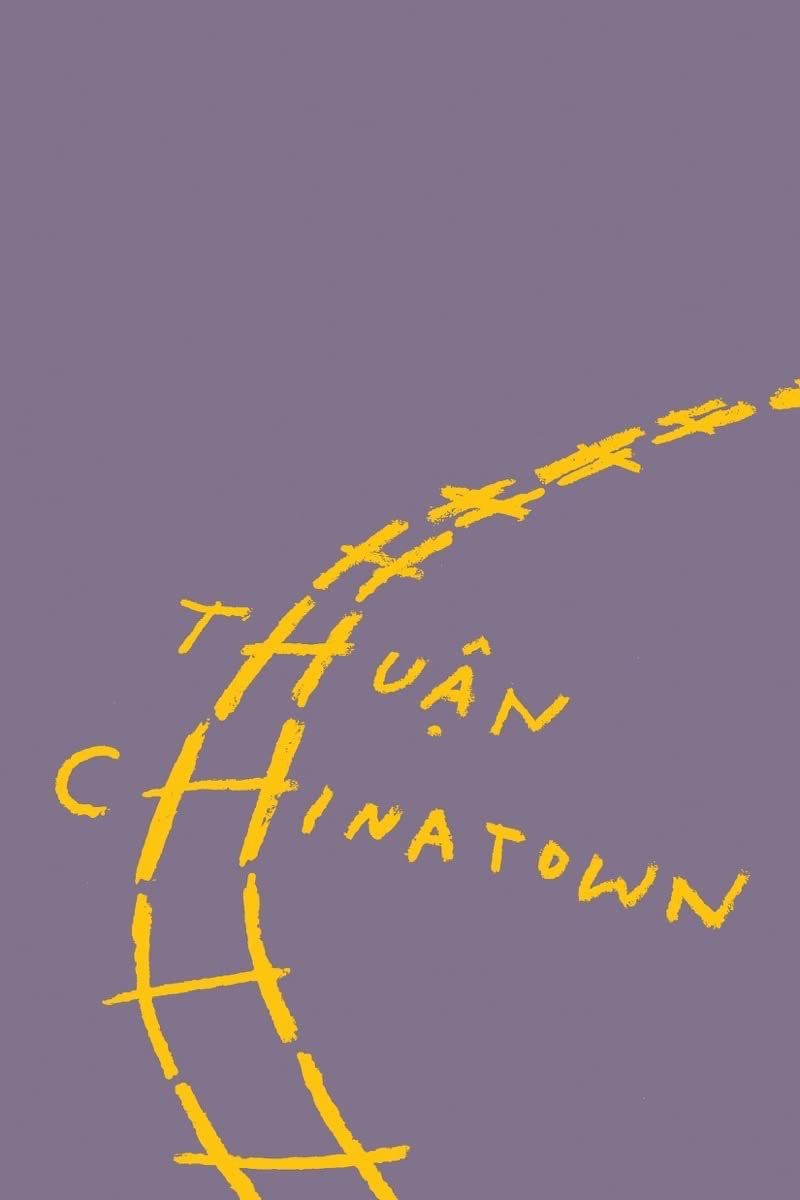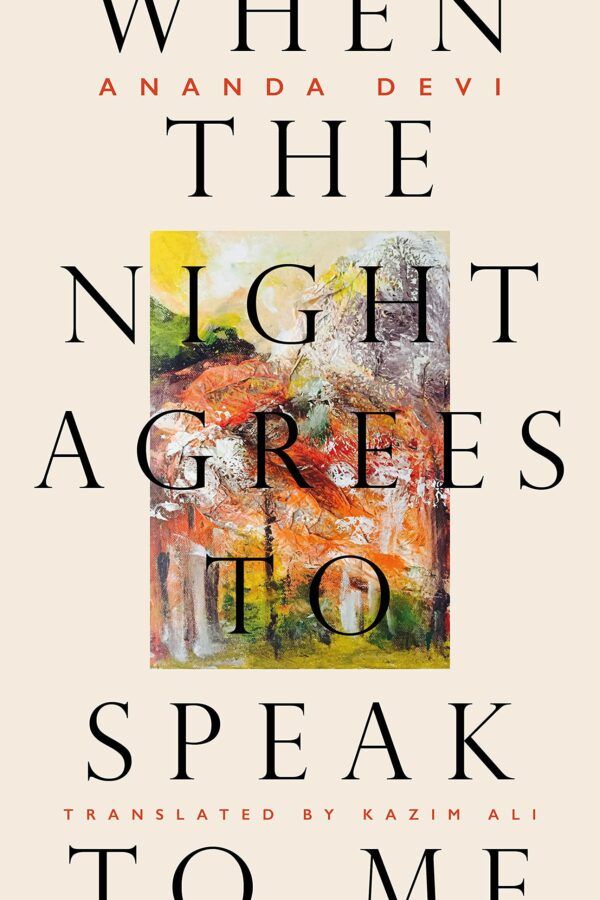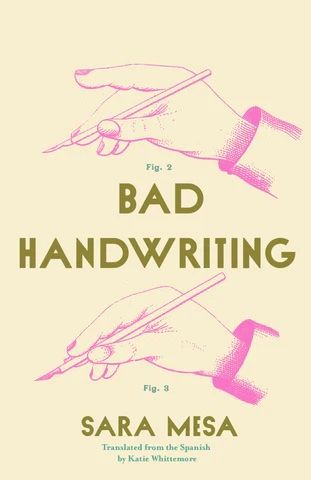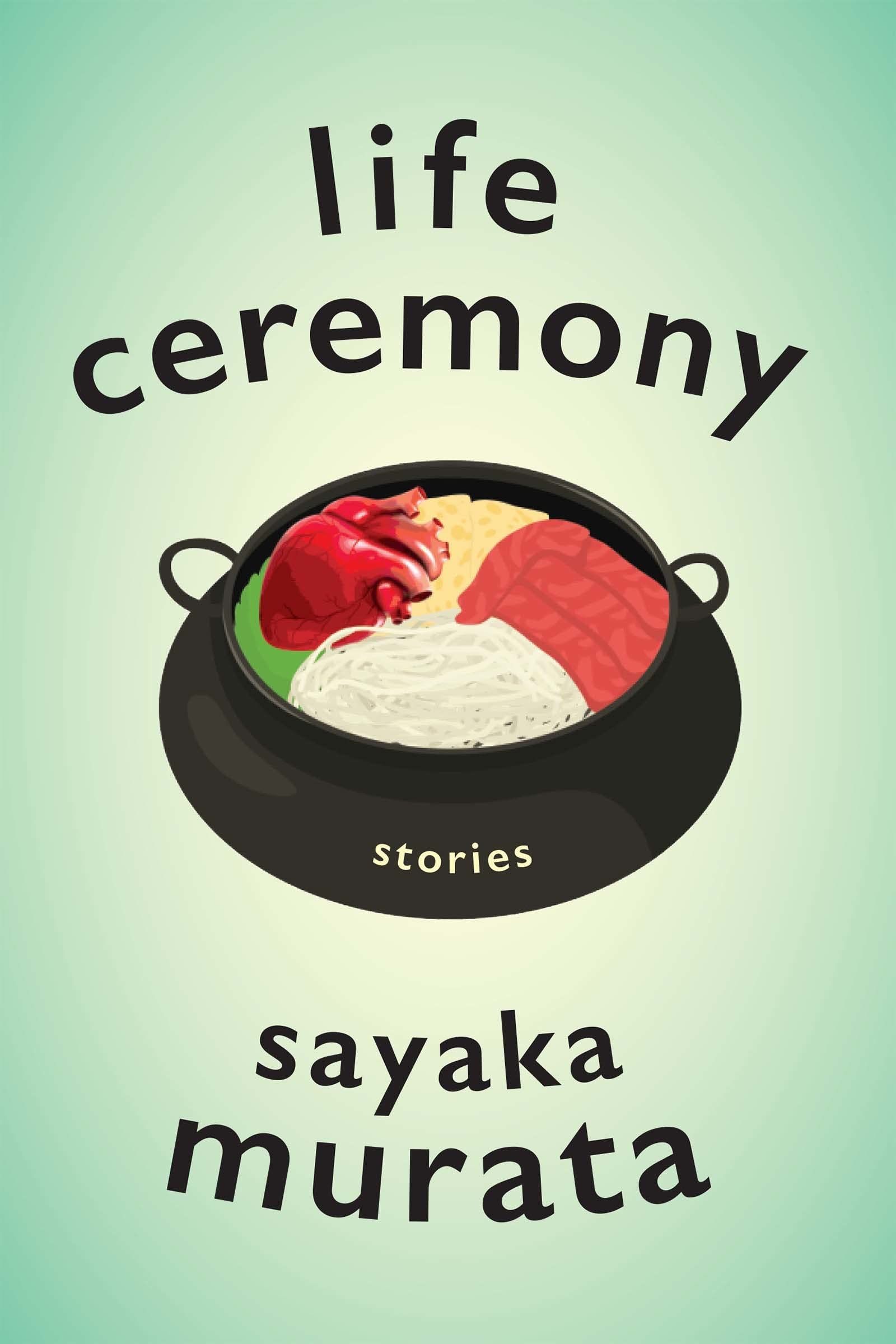
¤
I begin by quoting a passage that Walter Benjamin quotes in his seminal essay “The Task of the Translator”:
The basic error of the translator is that he preserves the state in which his own language happens to be instead of allowing his language to be powerfully affected by the foreign tongue. […] He must expand and deepen his language by means of the foreign language. It is not generally realized to what extent this is possible.
What most strikes me as I read this is the last sentence. I have often, I say, worried away for months about whether or not a particular sentence of a translation is possible in English, or whether it is over the top. Then I have seen it in proof, or in a published volume, and wondered what on earth I was anxious about.
¤
One of the finest prose translations of the last century, I believe, is the S. S. Koteliansky/D. H. Lawrence/Leonard Woolf translation of Ivan Bunin’s short story “The Gentleman from San Francisco.” Koteliansky provided a literal version; this was edited first by Lawrence, for publication in The Dial, then by Leonard Woolf, for a book published by the Hogarth Press. Lawrence and Woolf both had a light touch as editors; they knew when to leave well alone. They understood that an intelligent literal translation often needs only the most delicate of adjustments to become poetry. Wanting to move from generalities to discussion of a specific text, I hand out a page with a few excerpts from this translation.
a) “Naples grew and drew nearer. The brass band, shining with the brass of their instruments, had already assembled on deck.”
This is strikingly vivid and almost literal, though the repetition of “brass” is not in the original. Bunin has muzykanty (musicians) where the translators have “brass band.” I am surprised that this pleasingly brassy repetition attracts criticism from some of the group. I have often noticed how often people want me to edit out any repetitions, any archaisms, any inversions from my own translations. Is there perhaps today an element of the puritanical in many people’s attitude towards language?
b) “strings of bare-shouldered ladies rustling with their silks on the staircases and reflecting themselves in the mirrors”
“Reflecting themselves” is both brilliant and outrageously literal — the Russian is a standard reflexive form which most people would have translated simply as “being reflected.” “Reflecting themselves” suggests that the ladies are engaged in an activity, perhaps making the tiniest of movements as they scrutinize themselves. It also carries a hint of “reflecting upon themselves”; on their way down to dinner, the ladies feel self-conscious.
c) “A heavy fog hid Vesuvius to the base, and came greying low over the leaden heave of the sea”
Russian often uses verbs of color where English uses the verb “to be.” “A tree was greening at the end of the garden,” for example, is a literal translation of an entirely normal Russian sentence. “Came greying low” seems to me very successful indeed. A literal translation would be “was greying low.” Changing “was” to “came” does just enough to accommodate the un-English idiom, without making it any less strange or vivid. Rhythmically, the second half of the sentence is perfect.
d) “he began to make preparations as if for his wedding. He turned on all the electric lights, and filled the mirrors with brilliance and reflection of furniture and open trunks.”
The millionaire thinks he is getting ready for dinner; rather than getting married, however, he is about have a heart attack and die. The translators have rightly chosen not to add articles to any of the nouns at the end of this sentence. Russian has neither definite nor indefinite articles; a more plodding translator would have written something like “filled the mirror with the brilliance and reflections of the furniture and open trunks.” The transcendental — or mock-transcendental — quality of this moment would have been lost.
e) “where the lonely parrot woodenly muttered something as he bustled himself in his cage”
Here, I think Lawrence slipped up. “Bustled himself,” like “reflecting themselves,” is hyper-literal. Unlike “reflecting themselves,” it is odd without being interesting or expressive. I imagine that Leonard Woolf felt the same. By the time of the story’s second publication “bustled himself” had been changed to “bustled about.”
¤
While preparing for the seminar, I realized that today’s debates about translation contain little that is new, little that was not said — usually more clearly — during the great 16th- and 17th-century debates on translating the Bible. The vivid language of those debates was, to a striking degree, dominated by a single central metaphor: that of light. The Puritans, in their Bible as in their churches, wanted clarity above all; they had no time for deliberate mystery or obscurity, for stained glass or its literary equivalent. The Catholics and High Anglicans, on the other hand, were more afraid of creating an illusion of clarity, of misleading people into thinking they understand mysteries that lie beyond understanding. In today’s jargon, they were foreignizers. The Rheims-Douai Bible, the Catholic translation published in 1582 (The New Testament) and 1610 (The Old Testament) has been described by Benson Bobrick in his study Wide As the Waters (2011) as “an eminently learned, often excellent English version of the text studded with Latinate terms and phrases in which words were either transliterated or retained in their original form.” Some of their coinages have entered the language; some, like “inquination” and “correption,” are as incomprehensible to most people today as they were at the time.
These translators were following in the footsteps of one of Henry VIII’s most conservative bishops, Stephen Gardiner. According to Bobrick, Gardiner came to a 1542 meeting about the translation of the Bible with a list of 99 Latin words,
“which for their genuine and native meaning, and for the majesty of the matter in them contained,” he thought should not be translated at all, but only Anglicized. The list included: poenitentia (penitence or penance); caritas (love or charity); gratia (favor or grace); ecclesia (congregation or church); sacramentum (mystery or sacrament); simulacrum (image); idolum (idol); spiritus sanctus (holy ghost); benedictio (blessing); adorare (to worship); and elementa (rudiments).
These words, in Gardiner’s view, were so important, and so sacred, that it was better not to translate them at all than to translate them imperfectly. The Protestants, not surprisingly, had little time for this way of thinking:
“Wanting the power to keep the light of the Word from shining,” one of them wrote, “[Gardiner] sought, out of policy, to put the light of the Word in a dark lantern … to teach the laity their distance; who, though admitted into the outer court of common matter, were yet debarred entrance into the holy of holies of these mysterious expressions, reserved only for the understanding of the high priest.”
¤
I recently encountered the same arguments as those put forward by Gardiner and the Catholic translators of the Bible in a book by a Polish journalist, Mariusz Wilk. The original, Polish text of his Journals of a White Sea Wolf, an account of two years he spent in the Solovky Islands in the White Sea, is — like the Catholic Bible — studded with foreign words and phrases; Wilk’s untranslated words, however, are not Latin but Russian. Wilk feels torn between two opposite wishes. On the one hand, he passionately wants to understand and explain Russia; after traveling huge distances and feeling that the country always somehow escaped him, Wilk thought he might do better to stay in one place and explore it more deeply — and the Solovky Islands, he felt, were a microcosm of the entire country. On the other hand, Wilk clearly has a deep feeling that Russia will always resist both his own understanding and that of his readers. It is precisely in order to emphasize Russia’s alienness, to prevent readers from glibly translating Russian reality into their own familiar terms, that he leaves so many words untranslated, as well as leaving peculiarly Soviet bureaucraticisms or awkward bits of slang in the original Russian; he even chooses not to translate the word for potato, “kartoshka.” It is impossible, he says, for foreigners to imagine the almost transcendental importance of the “kartoshka” in the lives of the inhabitants of the islands. And so, like a contemporary Bishop Gardiner, he has studded his Polish with words from an alien tongue.
¤
Shortly before the Passover, according to Saint Mark, a woman pours “ointment of spikenard” over Jesus’s head. In the King James Bible, the story continues as follows:
And there were some that had indignation within themselves, and said, Why was this waste of the ointment made? For it might have been sold for more than three hundred pence, and have been given to the poor. And they murmured against her. And Jesus said, Let her alone; why trouble ye her? she hath wrought a good work on me.
This story encapsulates the perennial battle between puritanical good sense and the love of ritual and celebration. Exactly the same battle, curiously, has been fought with regard to the question of how the “murmurers” complaint should be translated. Martin Luther quotes this sentence as it appears in the Vulgate, “Ut quid perditio ista unguenti facta est?” and continues,
If I follow those literalist donkeys, then I have to render it as “Why has this losing of the ointment occurred?” But what sort of German is that? What German person would say, “Losing of the ointment has occurred”? And even supposing he can make sense of it, he will think that the ointment has been lost and that perhaps he should go and look for it […] What a German would say is […] “Why such a waste?” [or] “It’s a waste of good ointment.” That is good German.
Luther, as always, writes clearly and sharply, but he ignores the fact that the language of the Vulgate has been deliberately heightened. Clearly no lover of mystery and extravagance himself, Luther would, I suspect, have been one of those who “murmured against” the woman. Four hundred years later, the translators of the New English Bible followed his lead with their clear, idiomatic, no-nonsense “Why this waste?’
The translators of the King James Bible, however, achieved something different — and perhaps more profound. “Why was this waste of the ointment made?” might seem to be exactly the kind of translation Luther was criticizing; it is certainly not idiomatic English. Considered more deeply, however, this literal translation is eloquent — both rhythmically and through its suggestion that the woman who pours ointment on Christ’s head has not wasted something but has acted creatively, has made something. She is, without knowing it, preparing Jesus for his final drama, for the Last Supper and Crucifixion. As Jesus himself says, she has “wrought a good work.” [1]
¤
In principle, I say, my sympathies are on the side of the foreignizers. All too often, however, I see their arguments being used in order to defend poor translations. Plausible statements about reproducing the original “in all its uniqueness” or “in all its oddity” serve to introduce work that looks as if it has been dashed off with no thought at all. As I say this, there is a general murmur of assent; the participants in the seminar, mostly practicing translators rather than academics, clearly feel the same.
It is easy enough to write odd English; it is harder to write English that is convincingly odd. The best translators, I suggest, are those who are willing to be bold and extravagant when this is appropriate but who also know when to be simple. The King James Bible, for example, is full of eloquent Hebraicisms, but it does not employ a large vocabulary, and many of the most memorable verses, like the following, are remarkably simple: “When the morning stars sang together, and all the sons of God shouted for joy.”
Another important point is that, for the main part, interesting English versions are likely to emerge not so much because translators want to write unusual English as because they feel they have no choice; they are compelled to write unusual English because more ordinary English cannot convey what is important in the original. Mary Phil Korsak’s translation of the Book of Genesis, for example, is shockingly different from any previous translation, but what motivates her to disrupt normal English syntax and vocabulary is not simply a love of exoticism. On the contrary, she justifies what might seem high-handed treatment of English vocabulary with convincing clarity:
In some rare cases, the systematic adoption of one and the same word in the target language involves an adaptation of English to Hebrew usage. By way of an example I will take the verb yalad, which I have translated by “to breed.” In Hebrew yalad is used for men, women, and animals. […] I suggest that the use of a single verb for humans and animals implies kinship between the species. […] The noun toledot is formed from the same root as the above-mentioned verb yalad. […] I have translated toledot by “breedings”:
These are the breedings of the skies and the earth at their creation.
This is the record of the breedings of Adam.
The breedings of Noah […] of Esau, of Jacob! A single root links animal life, human life, and the life of the universe. Through these cross-connections the whole of creation and the whole of human history are seen to be united in a single process of birth.
Korsak has not, like the early translators of the Bible and the classics, brought new rhythms and intonations into English literature. The power of her work arises from something different — from the unusual degree of attention she has brought to bear on each individual word of the original text.
¤
Advocates of foreignizing often say that a translation should sound like a translation; it is wrong, they say, to assume that a perfect translation into, say, English should sound as if it were originally written in English. This view may be dangerous if taken too far; nevertheless, there are certainly occasions when it is helpful to be honest, to lay bare the nature of the genre in which one is writing. Mary Phil Korsak, for example, can emphasize her point about the kinship between humanity, the animal kingdom, and the universe as a whole only by drawing the reader’s attention to the foreign words she is importing from a foreign world.
I have myself been trying for some time to introduce the word toskà into English. In our translation of Platonov’s Happy Moscow, my collaborators and I have consistently left the word untranslated. In my preface I quote Vladimir Nabokov’s explanation of this quintessentially Russian word, a word that is central to Russians’ understanding of themselves:
No single word in English renders all the shades of toskà. At its deepest and most painful, it is a sensation of great spiritual anguish, often without any specific cause. At less morbid levels it is a dull ache of the soul, a longing with nothing to long for, a sick pining, a vague restlessness, mental throes, yearning. In particular cases it may be the desire for somebody or something specific, nostalgia, lovesickness. At the lowest level it grades into ennui, boredom.
After my reading of this quotation, one of the participants in the seminar remarks that no one expects Nabokov to explain the word ennui. At some point, however, it must have seemed as alien as the word toskà does today.
What I have come to realize more and more, however, is the complexity of the factors that determine whether or not a particular foreign word is acceptable in a particular context. In Happy Moscow, one of Platonov’s most complex and discordant works, my collaborators and I felt able to use toskà quite frequently. Sometimes this is because Platonov himself calls attention to the word. Here, for example, the word toskà is not necessary to the sense of the sentence and therefore attracts considerable emphasis in the original: “[The musician] said he was playing for himself now, because he felt melancholy and full of toskà; he was unable to go to sleep until dawn, and that was still a long way off.” Sometimes it is because of the power and strangeness of Platonov’s imagery that it seemed right to use an unfamiliar word:
In the daytime Sartorius was nearly always happy, satisfied by the work he was doing, but during the nights, as he lay on his back on heaps of old files, toskà was born inside him, a restless yearning that grew up from beneath the bones of his chest like the tree that climbed towards the vaulted ceiling of the Old Merchants’ Arcade and rustled its black leaves there.
Sometimes the unfamiliar of the word in English serves to intensify a horror that is present in the original but which could easily be lost in translation: “It was impossible for him to remain the same uninterrupted person, he was being gripped by toskà.”
To our surprise, however, we found ourselves unable to use the word toskà when we came to translate Soul, Platonov’s Central Asian novel. Soul is a more coherent, more optimistic, and less jagged work than Happy Moscow. The language is less rebarbative; it calls less attention to itself. Platonov uses the word toskà a number of times, but it does not represent such an inescapable and overwhelming force as in Happy Moscow. Perhaps for these reasons, perhaps for reasons I cannot articulate, it never felt right to use toskà in our translation of Soul. Each time we tried to use the word, it unbalanced the sentence. Here, for example, it seems merely distracting: “[A]nd his heart grew exhausted from wandering, from the memory and toskà he felt for Ksenya, Aidym, and Khanom.” We ended up replacing toskà with “longing.”
Another occasion when I have deliberately left a word untranslated is in my translation of Eugène Guillevic's Carnac. This poem cycle is a meditation on the megalithic site in Brittany, on the stones and the sea, on time and space. As well as frequent irregular rhymes on père and pierre, there is a repeated background pun on mère and mer. Most of the time it seemed acceptable to glide over this, since the association between the sea and the mother is clear enough to the reader even without this pun. The following short poem, however, obstinately refused to be turned into English; every possible version seemed limp and lifeless:
Si par hasard tu crois à la valeur des sons
Tu dois bien frissonner
A ce seul nom de mer.
It was only as I was going through the proofs that I realized there was a solution, one that was simultaneously simple and complex:
If you happen to believe in the power of sounds,
Then you must surely shiver
At the mere word: mer.
Incorporating one tiny word of French, which every reader is sure to understand, allows the word “mere” to fill with meaning. As well as the surface meaning, the word evokes not only the French mère but also the old English “mere” meaning “lake” or “sea.” It is a triple pun, and every meaning is relevant. To acknowledge the impossibility of translation does not always mean to admit defeat.
¤
Amazed as I am at how seldom people mention Ezra Pound these days, I rarely miss an opportunity to mention him myself. I ended the seminar by reading the opening of his translation from the Anglo-Saxon, “The Seafarer.” More than any other translator I know, Pound succeeds both in seeming fresh and modern (even though it is now 90 years since he translated “The Seafarer”) and in evoking another time and another world:
May I for my own self song’s truth reckon,
Journey’s jargon, how I in harsh days
Hardship endured oft.
Bitter breast-cares have I abided,
Known on my keel many a care’s hold,
And dire sea-surge, and there I oft spent
Narrow nightwatch nigh the ship’s head
While she tossed close to cliffs. Coldly afflicted,
My feet were by frost benumbed.
Chill its chains are; chafing sighs
Hew my heart round and hunger begot
Mere-weary mood.
¤
Robert Chandler’s translations from Russian include works by Alexander Pushkin, Vasily Grossman, Andrey Platonov, and Teffi. He has also written a short biography of Pushkin and compiled three anthologies for Penguin Classics: of Russian short stories, of Russian magic tales, and, with Boris Dralyuk and Irina Mashinski, The Penguin Book of Russian Poetry. His latest translation is Vasily Grossman’s The People Immortal (NYRB Classics, 2022).
¤
Featured image: “The Anointing of Jesus at Bethany” by Julius Schnorr von Carolsfeld (1794–1872).
¤
[1] I am indebted for much of this paragraph to Adam Nicolson’s fine Power and Glory: Jacobean England and the Making of the King James Bible (2003).
